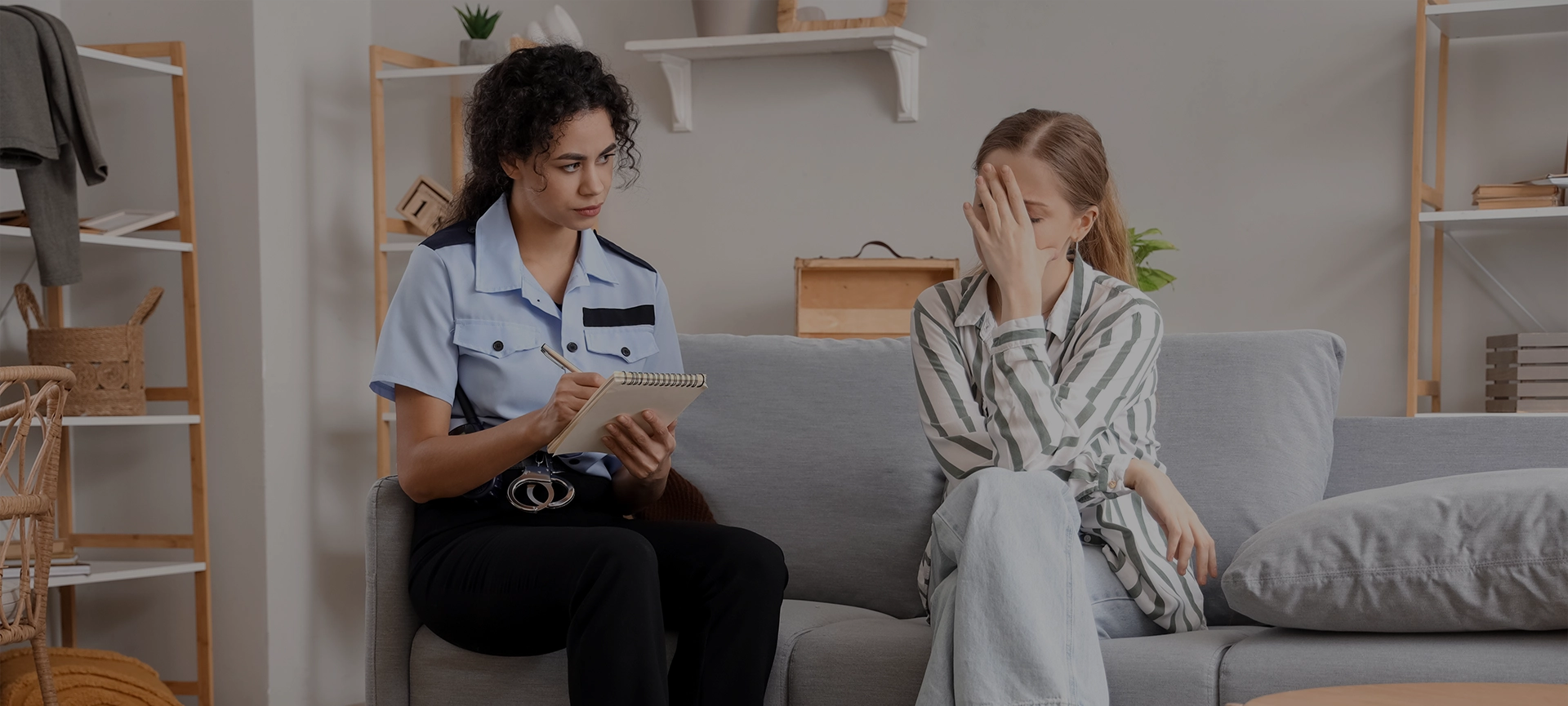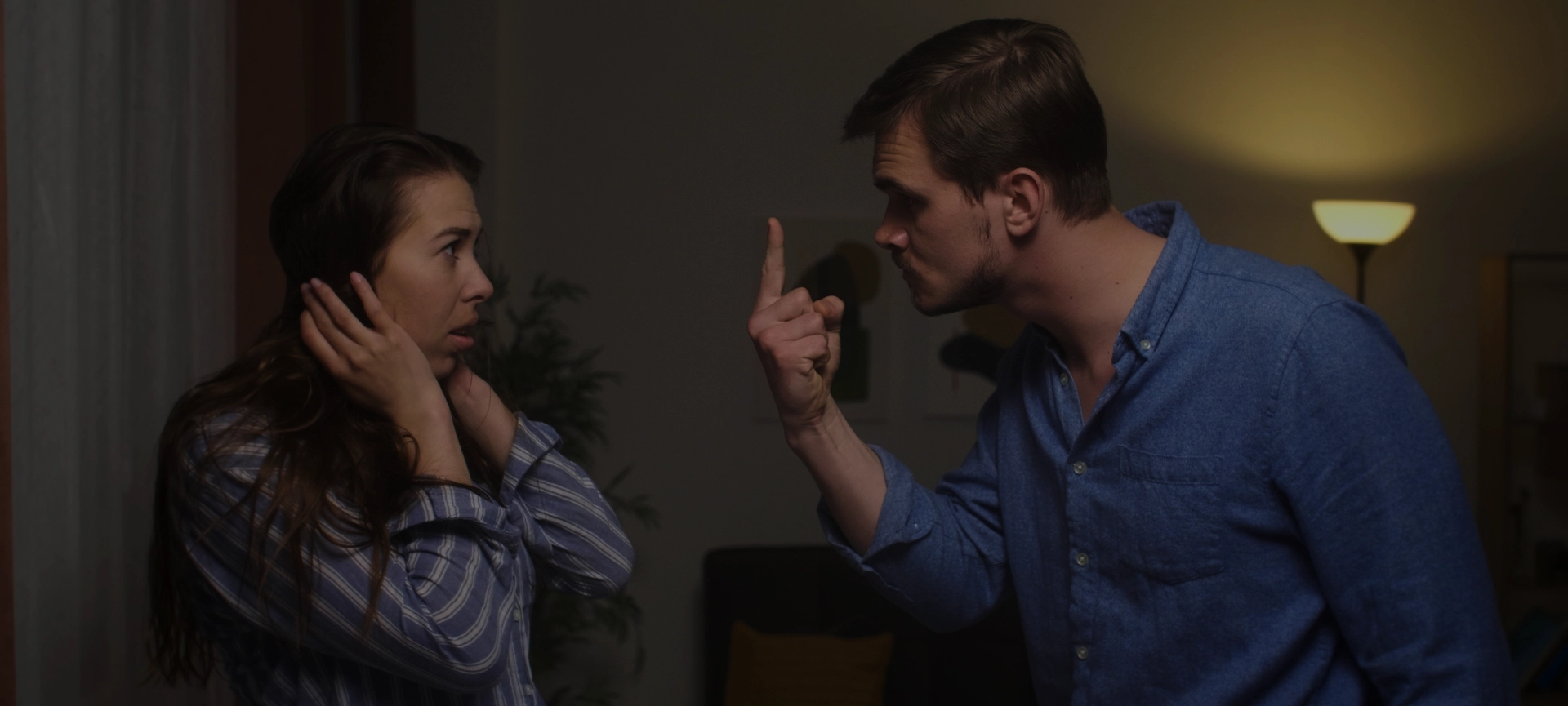All right, let’s talk about criminal defence lawyers – you know, the lawyers that people love to criticize as deeply selfish and unethical… until they find themselves falsely accused of wrongdoing.
The Canadian justice system relies heavily on the adversarial truth-finding process, which depends on defence lawyers.
On one side of the courtroom, you’ve got the state, represented by well-funded prosecutors backed by the police, scientific labs, expert witnesses, and a team of support personnel.
On the other side sits the only person who can make you feel bad for someone who broke into your house and stole your TV.
Seriously, it’s defence lawyers who stand between the accused and the powerfully well-resourced long arm of the state like a dam trying to hold back a flood of wrongful convictions.
It is only in the despotic world of Law and Order that Jack McCoy, a prosecutor who is the human embodiment of unethical conduct, that the accused is always guilty.
In the real world, it’s mainly through the pro bono work of defence lawyers that we even know wrongful convictions are a thing. Without these defenders of justice, Canada would never know the names David Milgaard, Guy Paul Morin, Donald Marshall Jr., Robert Baltovich, Clayton Johnson, or Steven Truscott.
That’s why criminal defence lawyers are the only lawyers mentioned in Canada’s constitution.
And defence lawyers don’t just advocate for accused individuals – we seek to promote fairness and legality in the political and legislative arenas. We keep those in power in check, no matter where that power may manifest.
In my last column, I called out Pierre Poilievre for peddling some pretty dangerous misinformation about the justice system. Some people didn’t agree with me, which is fair enough. It’s okay for people to be wrong. But one of the most common reasons for dismissing my argument was the baseless accusation that defence lawyers have a financial interest in increasing crime rates.
It’s the same old accusation used to deflect any uncomfortable truth exposed by defence lawyers. We love criminals, and they pay for our lavish lifestyle (mostly at legal aid rates).
That’s partially true; crime did help fund my 2011 Dodge Caravan.
But mostly, it’s not true.
Defence lawyers consistently advocate against our financial interests.
Defence counsel have been on the vanguard fighting against using the criminal justice system to go to war on social issues. Cannabis legalization, decriminalization of drugs, and removing offences driven by mental health and poverty from the Criminal Code have all been issues that the criminal defence bar has advanced. These reforms are backed by evidence and would divert many cases from our overburdened courts.
They would also take money out of our pockets.
Do you know what grinds my gears? Before cannabis was legalized, the justice system was a cakewalk for rich white university kids with pot charges because their parents were always willing to pay.
But now that pot is legal, we’ve lost that easy money and still fought for legalization!
And don’t even get me started on mandatory minimum sentences, which tie the hands of judges, forcing them to impose set penalties regardless of the circumstances of the offence or the offender. This incentivizes innocent people to plead guilty, thanks to the insidious transfer of discretion from judges to Crown prosecutors, who can dangle plea bargains before the accused.
And what about guilty people? Well, facing a mandatory minimum sentence, they’re incentivized to take their case to trial because there is little benefit to an early resolution.
It’s sickening, but you know what’s even more sickening? There’s no better way to make money than by incentivizing people to take their cases to trial. And there’s no easier way to extract money from a client than when the sword of a lengthy mandatory jail sentence hangs over their head.
I’ll give you one guess who the leading voices against mandatory minimum penalties are.
Defence lawyers take positions based on evidence and principle, not dollars and cents.
We want more liberal legal aid funding because we are willing to work for less. We fight for simplicity and accessibility in laws and procedures because we don’t gatekeep with a hand in the cash register. And I bet we do more pro bono work than most Bay Street lawyers.
So, when I call out the obvious hypocrisy and illogic of a man who wants to be prime minister, please, go ahead and criticize me. But don’t you dare suggest that criminal defence lawyers advance our own interests when we’re fighting against the very system that would benefit us.



